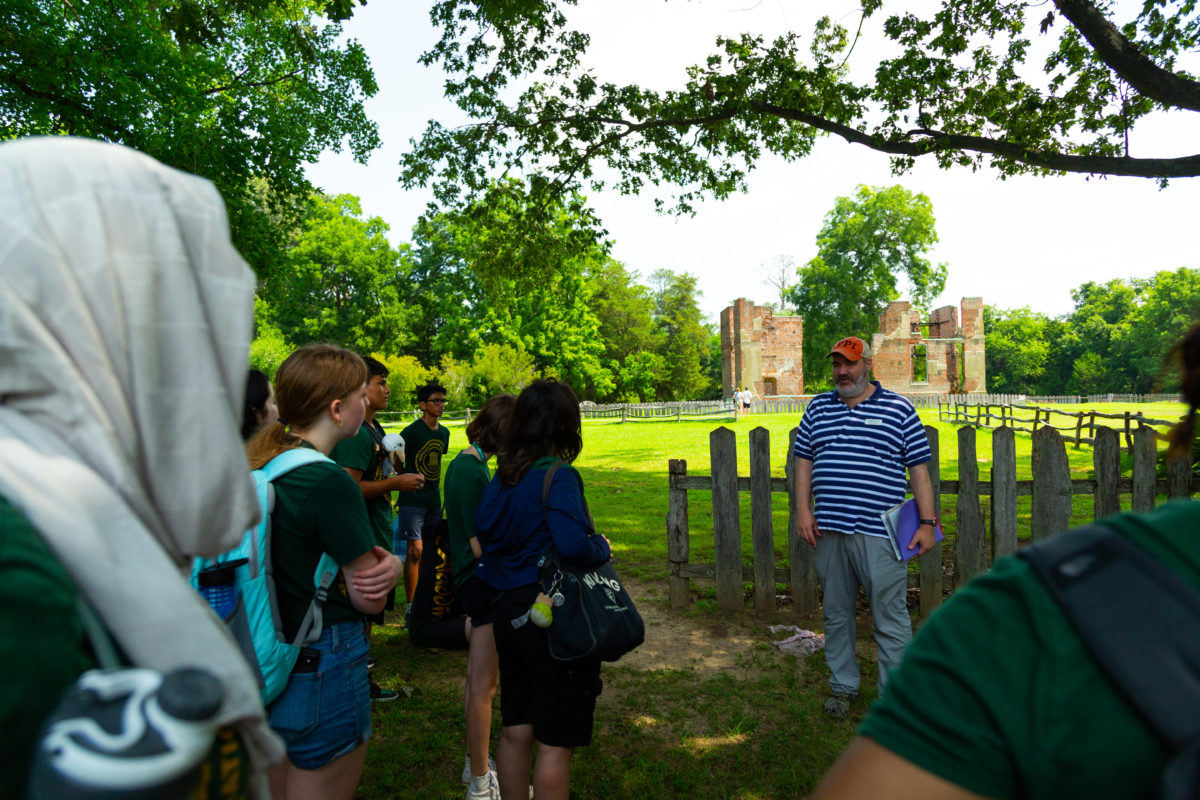How easy is it to accept the first story we hear? By doing so, the path becomes easy. Is the Truth ever easy? Take a step back, for each creature has a reason to hide amongst the grasses. A poisonous fruit has separated each from a father that loves them, so why would compassion make sense? Why shall the king know; let us feign ignorance. Hopefully then, not all stories are revealed.
What of our perception of history actually falls in line with the truth? How many ideas do we have, how many misconceptions are present, that give us a failing view of the past? In truth, the study of history involves what is left out, what doesn’t add up, and the connection of dots from one place and culture to another. Every one of us comes from a perspective of biases which we may not even realize. We are more inclined to listen to one narrative than another simply because of a preconceived story and analysis we have made before hearing any position at all. This is true today, and it was also true of Jamestowne, which was founded in 1607 upon strategically defensive grounds in an area of danger and disease.
Walking around, I could feel the sea breeze upon my face. My face was drenched in sweat as I looked upon what remains of a livelihood that lasted generations, only just surviving through numerous casualties. It was surprising to see such a beautiful place only to realize that it was the site of poverty, of ignorance, of lies, of simple survival. We walked past sites of active archeological digs, studied the bones of people far too like ourselves to discount, and stood beside empty spaces which had once been where people sat at the call of an unfit master.
We were met with questions posing that perhaps what we find to be unique is simply a portrayal trying to draw attention to itself, trying to maintain a legacy. Much of what we saw was demonstrated by individuals near two centuries later in the form of monuments, of reconstructions. Yet, that is a story in itself. Each one must be compared to the others for us to find a picture of who we were, and who we perhaps will someday be.
The things we heard, the stories of enslaved people and others just barely getting by, I believe stuck in a different way for every single person. Some were preoccupied, concerned for the health of others in the heat. Some were struggling after hours of interaction with the effort of being present at all. Even so, I believe we all appreciated the gusto with which our guide connected previously known facts about forensics and document analysis with not only America’s history, but the larger world’s. It was an opportunity for connection, and amongst so many other places, the first English settlement came heavy and impactful.
